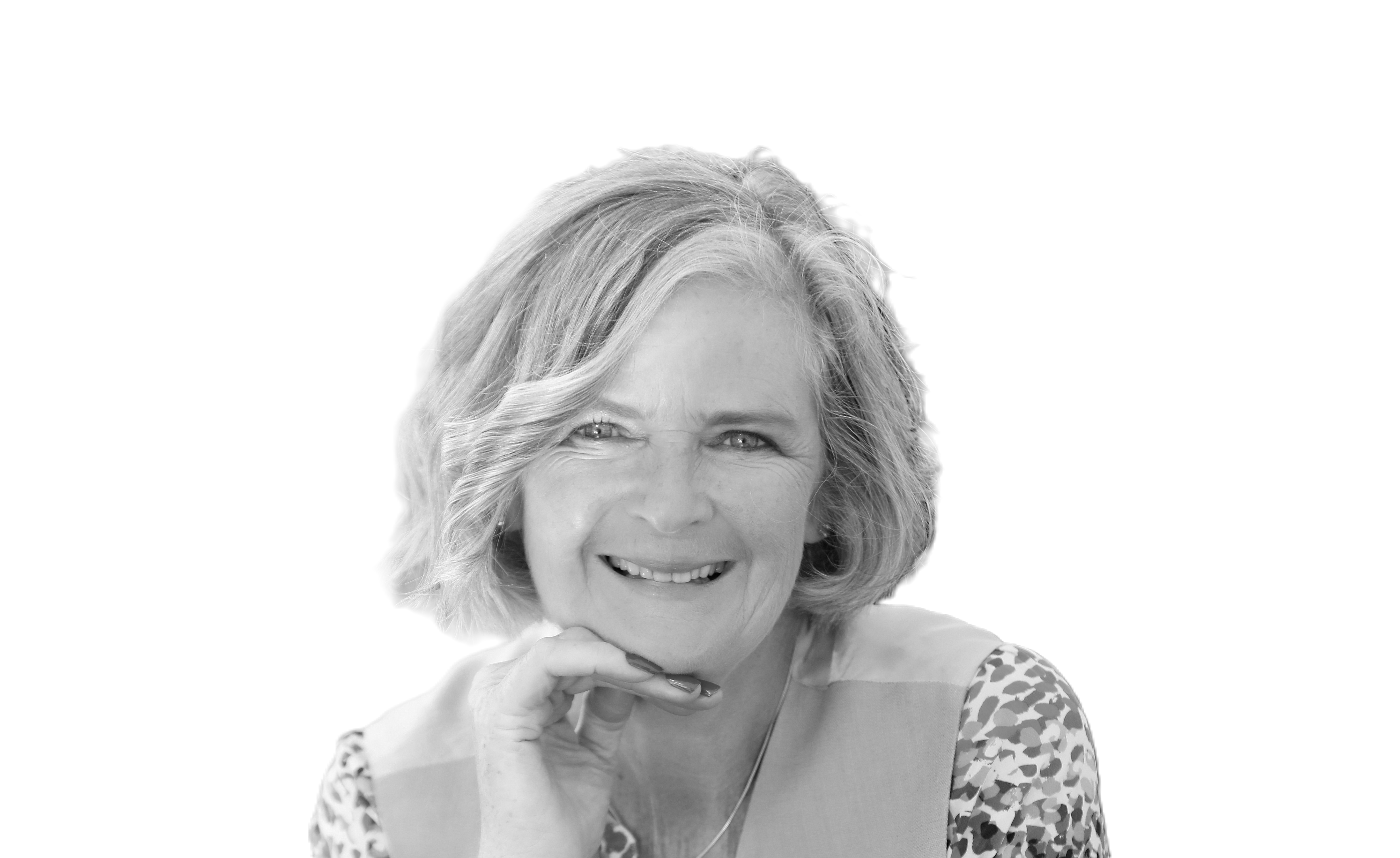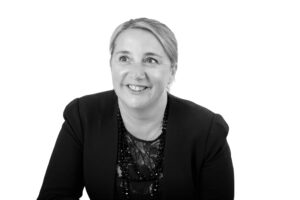Meet Sally Bridgeland, Brunel’s new Chair

I am very excited by Sally’s appointment and at the prospect of taking Brunel forward with her support and counsel.
Sally Bridgeland became Deputy Chair on 1 May and then Chair on 1 October – during Brunel’s eighth year. She is only the second Chair in our history and I wanted to introduce Sally by asking her a few questions.
Your background incorporates stakeholder management, finance and investing, energy, governance, mathematics, the public sector and sustainability. Of all the directions you might have taken, what drew you to Brunel?
It’s a bit of an “all my training has prepared me for this” moment! I’ve worked in pensions since graduation and always been curious about how we manage our investments. Brunel has always been a leader in responsible investment so it’s a natural fit for me. And the current political backdrop makes it even more interesting!
You were until the summer Chair of Impax Asset Management, which has a slightly larger AUM than Brunel and is 28 years old. How do you navigate the change in scale and complexity that comes as new companies grow?
I joined Impax’s board 9 years ago when it had about £2bn assets under management. Investing in the “transition to a more sustainable economy” has come of age in that time and assets grew to £40bn, merging with a US manager and building fixed income capabilities. Having a strong purpose is incredibly powerful, as is clear and evolving governance and effective delegation, as teams grow in size and capability.
The “forging” in Brunel’s tagline goes back to Isambard Kingdom Brunel himself, to the railways and to much of our region as a pool. What are your own links to our client regions?
I grew up in Oxfordshire, where my parents still live. I have family in Gloucestershire and have holiday favourites in Dorset (Lyme Regis), Somerset (Porlock Wier), Devon (Woolacombe) and Cornwall (Mousehole). My parents met working for British Rail, and I’ve always loved passing through our region on the train … even when one crashed when I was travelling on my own to visit my aunt in Exeter, aged seven. The fields make me smile.
Five years ago, a researcher at Bristol Docks discovered letters written by Brunel in which he complained about pollution in the port and the city. What first got you interested in sustainability – and where has that interest taken you since?
With a mile’s walk to the nearest bus, I always rode a bike as a child – and have now been cycling in London for forty years! As an early adopter, I moved in social circles with environmental enthusiasts and campaigners and read the Green Consumer Guide as soon as I’d finished my actuarial exams. It led to designing and judging the FT competition for long-term responsible investment in 2003 and the belief that investing for more sustainable futures is part of what pension funds offer to their beneficiaries.
You have experience working where politics and finance meet, including as Chair of the Development Bank of Wales. Different stakeholders often have different aims – how do you manage those different aims in public sector investment?
As a mathematician, I look for patterns and similarities, the things which we have in common: I love a good Venn diagram! If you look out at a long enough time horizon or from a broad enough perspective, then most aims converge or overlap. My skill is in looking for those areas where we agree and can collaborate. For example, growing (and greening) the UK economy is an aim which we can all get behind, but national and local politicians may have different priorities – even within our region. The challenge for the financial world is to find the best mechanisms to respond to all of these.
What are you most excited about for Brunel’s future and your role here?
All of the above! There’s a huge opportunity to use pension fund investment to complement catalytic development finance and, as we say at Brunel, forge better futures. I’ve already been in demand to talk about our perspective on how we think about biodiversity. I’m thrilled that Brunel is looking not only at local impact investments but also focusing on the natural capital investment theme. Having spent my childhood playing in fields and woods, nature is to be cherished.
